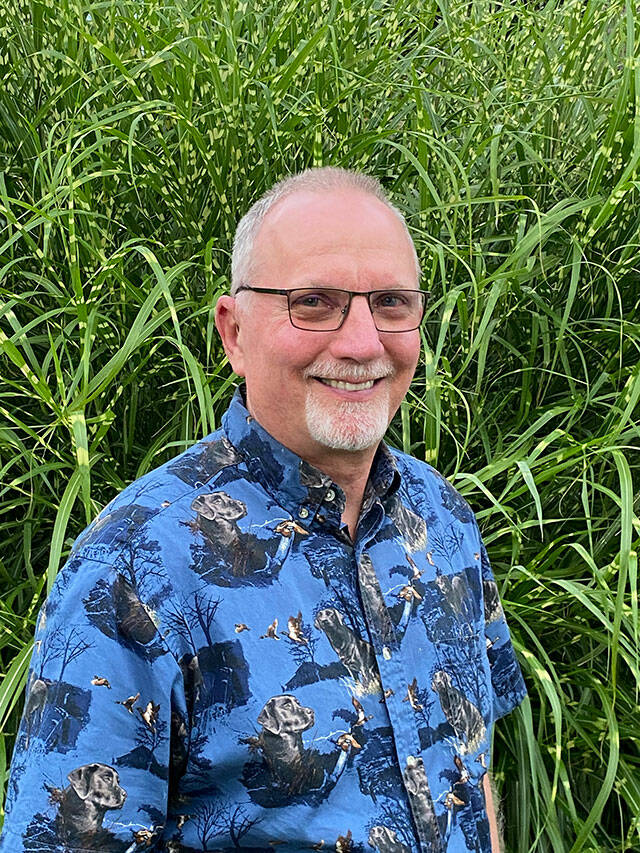“Nearly all men can stand adversity, but if you want to test a man’s character, give him power.” — Abraham Lincoln
“The object of power is power.”— George Orwell, 1984
“We know that no one ever seizes power with the intention of relinquishing it.” — George Orwell, 1984
The above quotes remind me of the time I actually exercised power. That was when I served on the Enumclaw City Council for four years. Exercising power was intoxicating and exciting, but it caused me to wake up at 2 a.m., sweating, and wondering whether what I said or didn’t say, or how I voted was the best decision for the city.
When one serves on a city council or other elected or appointed position, there are usually checks on that power. My vote on the council was only one of seven. Our governments, whether at the city, county state, or national level draw people who seek power and the status that power brings.
When I asked myself whether I should serve on the Enumclaw Fire District Board, I decided not to, based on the advice of my son. My son was succinct and realistic. He told me that while exercising power is exciting for me, I have trouble bearing the responsibility of my decisions. I tend to second guess myself.
Now that I am president of the Enumclaw Plateau Historical Society, I spend much of my time writing grants and raising money. The decisions I make while president weigh on me. I want to do the best job in my position. If I err in my decisions, other people are affected, and money is lost. Fortunately, I have an executive board I can bounce my thoughts and plans off of, but sometimes I have to act on my own.
A lot of information is needed to make good decisions. President Barack Obama once said that making decisions at the national level is like drinking water out of a fire hose. I even found that to be true at the small-town level.
I can’t imagine what it would be like to be president of the United States. Even though there are advisors and experts, eventually, as President Harry Truman noted, “The buck stops here.” A president can blame previous presidents or members of Congress, the courts, or the media, but whether someone lives or dies falls on the president’s shoulders.
If I were president of the United States, I would want the clearest thinking, the most experienced, and the smartest people to act as my aides and advisors. Honesty and the courage to speak truth to power would be the quality I would want from them. Advisors who flatter me would make me suspicious. Loyalty is important for advisors, but it should not be the only criteria. Are they telling me something because they think it is best for the American people, or because it is advantageous to some interest group or for personal aggrandizement?
As Lord Acton noted, “Power tends to corrupt, and absolute power corrupts absolutely.” According to Wikipedia, this quote emphasizes “the idea that as a person’s power increases, their moral integrity often diminishes. This observation highlights the dangers of concentrated authority in governance and leadership.”
We humans are subject to vanity and pride, thinking that we have all the “right” answers. To combat this, it’s really important to listen to those who disagree with our positions. We have to constantly monitor our thoughts and be self-aware of what our emotional triggers are. At the same time, we have to develop a tough skin because having power often invites jealousy and criticism. For many at high levels of government, tearing down a leader is a way to build yourself up in reputation, power and prestige.
In short, the more power a person exercises, the greater the tendency to be corrupted.
“Ultimately, the only power to which man should aspire is that which he exercises over himself.” —Elie Weisel


